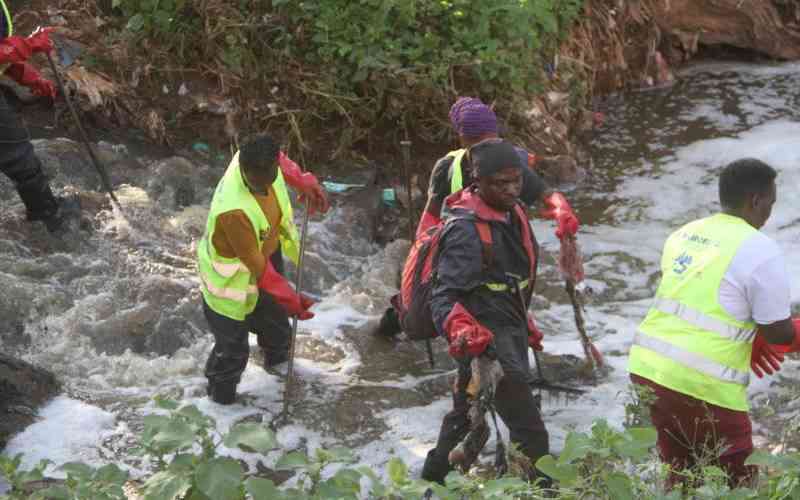×
The Standard e-Paper
Stay Informed, Even Offline

The government has initiated a project for the rehabilitation of rivers in Nairobi. This action follows the development and adoption of an action plan that encompasses various aspects of regeneration.
The multi-billion project will be overseen by the Nairobi Rivers Commission (NRC). However, the actual cleaning will be carried out by the Water Resources Authority (WRA), which is responsible for regulating water management and the use of water resources in the country.